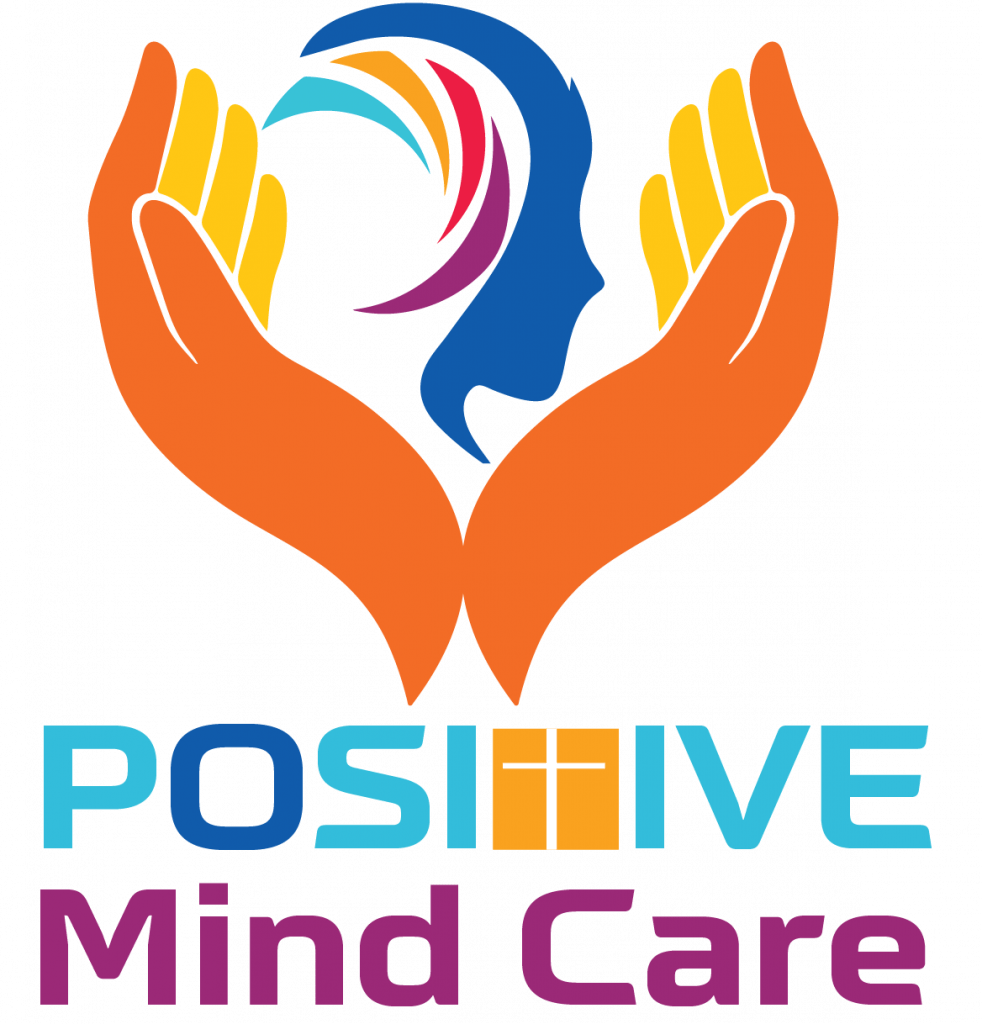Obsessive-Compulsive Disorder (OCD) is a mental health condition that affects millions of individuals around the world. It is characterized by intrusive thoughts (obsessions) and repetitive behaviors or mental acts (compulsions) aimed at alleviating the anxiety caused by these obsessions. While traditional treatments like cognitive-behavioral therapy (CBT) and medication have proven effective, there is a growing interest in complementary approaches such as mindfulness and yoga. In this blog, we will explore how the practices of mindfulness and yoga can offer valuable tools for individuals seeking to manage their OCD symptoms.
Understanding Mindfulness
Mindfulness is a mental practice rooted in ancient meditation techniques that involves cultivating present-moment awareness without judgment. It encourages individuals to observe their thoughts, emotions, and bodily sensations with acceptance and non-reactivity. By doing so, individuals can develop a greater sense of inner calm and a more balanced relationship with their experiences.
At Positive Mind Care, you can experience the benefits of guided meditation. Our master educators utilize state of the art innovation and customized procedures to assist you with accomplishing a positive outlook. Through representation, breathing methods, and positive certifications, directed reflection can assist you with diminishing pressure and tension, work on your rest, improve center, and advance close to home recuperating.
Mindfulness for OCD
Observing Obsessions: Mindfulness teaches individuals to observe their intrusive thoughts without attempting to suppress, neutralize, or react to them. By acknowledging these thoughts and letting them pass without judgment, individuals can break the cycle of anxiety and compulsion that often accompanies OCD.
Defusing from Thoughts: Instead of fully identifying with their obsessions, individuals learn to view them as passing mental events. This defusion technique helps reduce the emotional charge attached to intrusive thoughts.
Detaching from Compulsions: Mindfulness allows individuals to notice the urge to perform compulsions without acting on them. This non-reactive stance helps weaken the grip of compulsive behaviors.
Cultivating Acceptance: Individuals practice accepting their thoughts and emotions, even the distressing ones, without labeling them as “good” or “bad.” This acceptance reduces the struggle against unwanted experiences.
Understanding Yoga
Yoga is a holistic practice that integrates physical postures (asanas), breathing exercises (pranayama), and meditation to promote physical, mental, and spiritual well-being. While yoga is often associated with physical flexibility, its benefits extend to mental health as well.
Yoga is a time-honored tradition that melds together bodily poses, controlled breathing, and meditation to enhance one’s general state of health. Consistent engagement in yoga can enhance flexibility, build strength, promote equilibrium, and alleviate feelings of tension and unease. This practice is suitable for individuals spanning various age groups and physical conditions. Whether you choose to participate in a group yoga session or engage in solo practice within your living space, you can partake in the advantages offered by this comprehensive approach to well-being at Positive Mind Care.
Yoga for OCD
- Physical Release of Tension: Engaging in yoga postures releases physical tension, which can contribute to a sense of relaxation and reduced anxiety.
- Focused Breathing: Pranayama, or breath control exercises, can help individuals regulate their breathing patterns, promoting a state of calmness and reducing anxiety.
- Enhanced Self-Awareness: Yoga encourages individuals to be fully present in their bodies and minds, allowing them to develop a heightened awareness of their thoughts and emotions.
- Mind-Body Connection: Yoga emphasizes the connection between the mind and body. By cultivating this connection, individuals may experience greater control over their impulses and compulsions.
Benefits of Mindfulness and Yoga for OCD
- Reduced Anxiety: Both mindfulness and yoga promote relaxation and decrease the intensity of anxiety, a central component of OCD.
- Improved Emotional Regulation: Mindfulness and yoga practices teach individuals to respond to their emotions with greater equanimity and less reactivity.
- Break from Ruminative Thinking: Mindfulness and yoga offer a respite from obsessive rumination by redirecting attention to the present moment.
- Resilience to Triggers: These practices can help individuals develop resilience, enabling them to face triggers and anxieties with a more balanced perspective.
- Holistic Approach: Mindfulness and yoga provide a holistic approach to managing OCD that addresses both the mental and physical aspects of the condition.
Conclusion
While mindfulness and yoga are not standalone treatments for OCD, they offer valuable tools that can complement traditional therapies and enhance overall well-being. As with any therapeutic approach, it’s important for individuals with OCD to work with qualified mental health professionals who can guide them in integrating mindfulness and yoga practices into their treatment plan. By embracing these practices, individuals with OCD can cultivate a greater sense of inner peace, resilience, and empowerment as they navigate the challenges of managing their symptoms and achieving a more balanced life.
Positive Mind Care stands as a guiding light for individuals, owing to its advanced Deep TMS therapy and holistic method of healing. Through harnessing the power of innovative technology and tailored support, Positive Mind Care is revolutionizing lives and paving the path towards a more illuminated and joyful future for its clientele.


